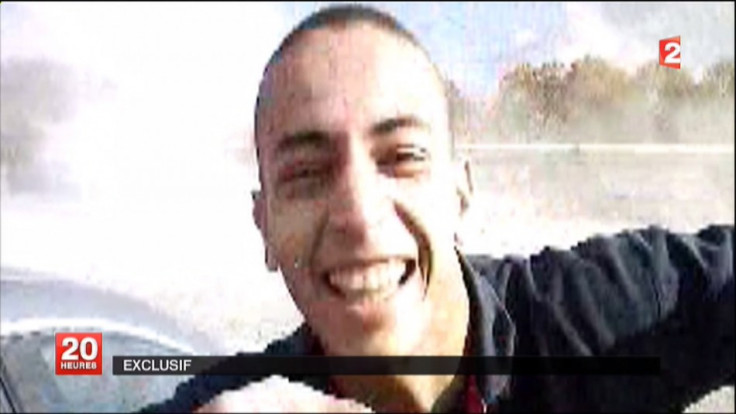Mohammed Merah and the Toulouse Siege: Being French of Algerian Descent is Complicated

Only a day has passed since Mohammed Merah died and the polemic surrounding the impact of his crimes on Algerians and the rest of the Muslim community in France is already raging.
Dalil Boubakeur, the rector for Paris Grand Mosque spoke out against the instrumentalisation and stigmatisation of the Muslim community and Mohamed Messaoui, the president of French Muslim Council insisted Merah "cannot justify his actions by using Islam".
Rights organisations have also warned against Islamophobia and citizens of Algerian descent say they fear a backlash.
Being a French of Algerian descent living in France can sometimes be complicated.
Algeria underwent 132 years of French colonisation and an eight-year-war of independence. Many Algerian immigrants that migrated to France after the war had members of their families who had actively participated in the war. Sometimes they had taken part in it themselves.
Stories of how the Mujahedeen stood up against the colonisers but also of how many died and were tortured are imbedded in Algerian culture. Being told about them whilst in the coloniser's country can lead to confusion.
France's policies on immigration are based on the concept of assimilation, driven by the idea that immigrants need to 'integrate'. The problem however is this instance that even the children of immigrants born in the country still need to integrate to become French,
Isn't being born and raised in France enough to be French? How do you become French?
The Algerian reaction to the Toulouse massacre was one of rejection. The Algerian press was angered by the description of Merah as a French of Algerian descent. Instead, many of the newspaper pointed out Algerians see him as a product of France.
After feeling rejected by the mother country and seen as a foreigner in their parent's homeland, some turn to whatever they feel can bring them closer to their roots, religion, clothes, language, maybe then they will become part of the 'Ummah' or community.
It is frustrating that once again, the public actors that lead the community have all failed to focus on and discuss the enemy from within: extremism.
They fail to talk about the violence of feeling rejected by your own for being too French or not enough. They fail to talk about the pressure put on the youth stemming from this immigration to decide on which camp they will be: French or Muslim? They fail to explain that being an immigrant in France is not synonymous with being under colonisation: it is a choice.
A peace march in honour of Merah's victims was planned for March 25 but fearing inter-community violence many groups and organisation have pulled out.
The choice nonetheless is there: Muslims in France can to take to the street and denounce and reject Islamist fascism, the real coloniser that dictates who we are and what we should do or they simply suffer it and pay the consequences.
© Copyright IBTimes 2024. All rights reserved.





